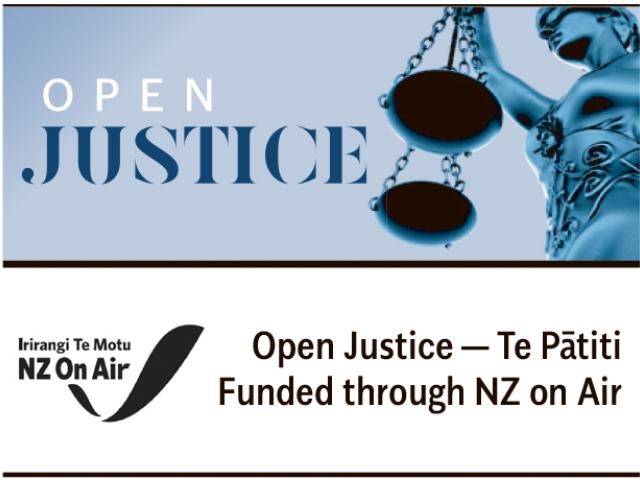
The boss denied the allegations but the Employment Relations Authority found that the teenager was unjustifiably disadvantaged and unjustifiably constructively dismissed. The ERA also found the sexual harassment was a contributing factor to the teen’s humiliation and increased anxiety.
It’s awarded her $20,000 for her ordeal.
A recently released decision describes how the teen had been excited to get a job working for the Southland takeaway business, considered a favourite by her family, but handed in her notice months later, distraught and humiliated.
The employer denied sexually harassing her and said staff had always been treated with respect, paid adult hourly rates, and not taken advantage of but accepted he had once asked the worker about nude images, in the context of another worker.
When the young worker started the after-school job as a takeaway food assistant in April 2022 she found that her boss came across as “more a friend than a manager”.
But things soured months later when she said he started sexually talking to her when they were alone, including being asked if she had sent “nudes” on social media, discussing his sex life with her and asking her for relationship advice.
He later said in response to evidence presented by another worker at the workplace inquiry that it was normal for him to call everyone “baby”, “babe” and “honey”.
The teen became anxious and nervous about working with him, especially when she knew she was going to be working alone with him.

The ERA has suppressed her name because of the sexual nature of the grievances and placed an interim suppression order on the business where she had worked and its sole director, pending any challenge to the order that was due to expire this month.
The parties attended mediation but the matter was not resolved.
The authority said the definition of sexual harassment at work includes the use of language of a sexual nature that is unwelcome or offensive to the person subjected to it and has a detrimental effect on the employee, their job satisfaction or job performance.
The young worker had the burden of proving that the resignation was a dismissal. The lawyer representing her, Mary-Jane Thomas, referred in her final submission to evidence establishing that the manager had a propensity for making the types of comments he did.
The ERA said an advocate for the respondent Belinda Allen, correctly submitted that there were no witnesses to the inappropriate statements alleged to have been made.
Authority member Helen Doyle said with claims of sexual harassment that was not unusual.
She said in her recently released decision that the investigation had looked at interactions on social media platform Snapchat, but the focus of the investigation was spoken statements, which were said to have started a few months after the teen started work.
Her mother said that after learning what was happening, she started her own inquiries, including getting permission to speak with another young person who had also worked at the same premises.
The authority heard evidence from this person who was 16 when she was employed by the business in June 2021.
She said that at that time three young female employees were working there and for the first few months she found the same manager to be pleasant but after a time the friendship with him started to become inappropriate, including when he told her at work, “You look like you would be a dirty little bitch”.
She said in her evidence that he would turn every conversation into something sexual even the food that they were cooking and that the sexualised behaviour became worse when his girlfriend, who also worked occasionally at the premises, was not there.
She then spoke with another employee who agreed the behaviour had gone past being a joke.
The pair considered asking a sexual harassment expert via a “hotline” to come to the workplace and talk to the manager but decided instead to talk to him directly, after which his behaviour was said to have improved.
Doyle said that the sexual harassment established was a serious breach of duty, and awarded the full claim of $20,000 in compensation for humiliation, loss of dignity and injury to feelings.
She said no reduction in the award was warranted because there was no evidence to suggest the worker contributed to the situation.
By Tracy Neal
Open Justice multimedia journalist










